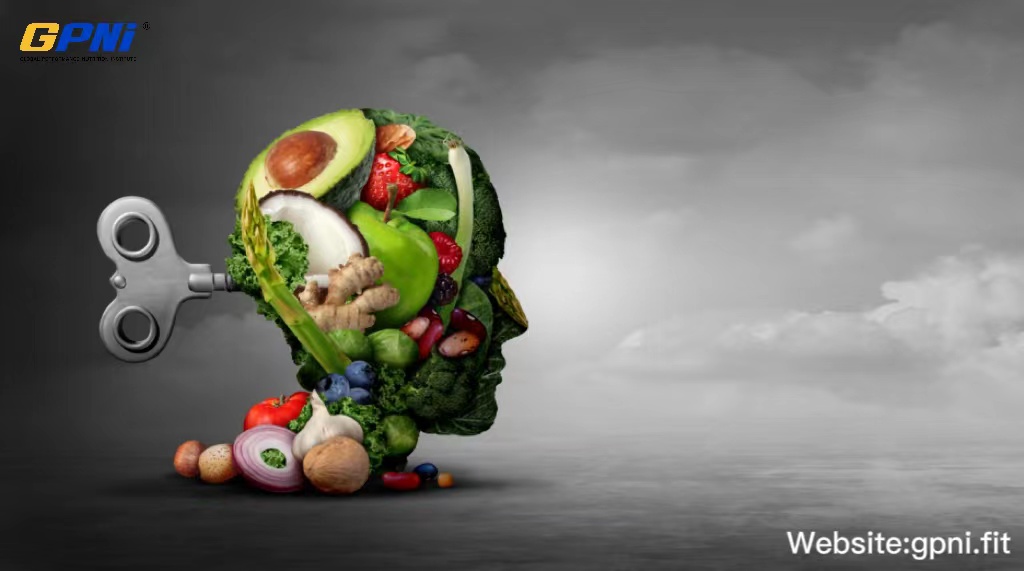The intersection of artificial intelligence (AI) and sports nutrition is revolutionizing the way athletes manage their dietary needs and performance goals. AI offers unprecedented opportunities for personalized nutrition, injury prevention, performance enhancement, and recovery. We examine how sports nutritionists are using AI to enhance their practice, the benefits and challenges involved, and future trends in this emerging field.
Personalized Nutrition
One of the most significant impacts of AI in sports nutrition is its ability to provide personalized dietary recommendations. Traditional one-size-fits-all guidelines often fail to account for individual differences in genetics, metabolism, and lifestyle. AI addresses this gap by analyzing vast data to tailor nutrition plans that optimize performance and health.
AI algorithms can integrate information from various sources, such as genetic profiles, biomarker data, and dietary habits, to create personalized nutrition plans. For instance, companies like LifeNome use AI to develop personalized nutritional assessments identifying each individual’s most influential and least risky ingredients. This approach enhances performance and reduces the risk of nutrient deficiencies and related health issues.
Dynamic Meal Planning
AI enables dynamic meal planning by continuously analyzing an athlete’s performance data, dietary intake, and physiological responses. This real-time feedback allows for adjustments to be made on the fly, ensuring that nutritional intake aligns with training demands and recovery needs.
For example, AI can recommend specific nutrients or supplements post-training to facilitate muscle recovery or suggest hydration strategies tailored to an athlete’s sweat rate and environmental conditions. This level of customization helps athletes maintain peak performance and avoid common pitfalls such as dehydration or overtraining.

Injury Prevention and Recovery
AI is also transforming injury prevention and recovery strategies in sports nutrition. Wearable technologies and AI-driven applications can monitor an athlete’s physical condition, detect early signs of fatigue or stress, and predict potential injuries. This proactive approach allows for timely interventions, reducing the likelihood of injuries and improving overall performance.
In the context of recovery, AI can design personalized nutrition plans that accelerate healing processes. For instance, AI-driven rehabilitation devices and virtual reality applications can provide engaging and effective physiotherapy sessions, enhancing neuroplasticity and speeding up recovery.
Performance Optimization
AI tools offer detailed insights into an athlete’s performance, enabling coaches and nutritionists to fine-tune training regimens and dietary plans. By analyzing data from wearables, AI can identify patterns and trends, highlight strengths and weaknesses, and suggest targeted improvements.
AI-driven performance analytics can also facilitate near-instantaneous video analysis, allowing coaches to provide real-time feedback and correct biomechanical inefficiencies immediately. This capability ensures that athletes are constantly improving and optimizing their performance.
Challenges and Ethical Considerations
AI and personalized nutrition solutions. The market is projected to grow from USD 2.2 billion in 2023 to USD 16.6 billion by 2032, with a compound annual growth rate (CAGR) of 30.5%. This growth reflects the increasing demand for tailored nutrition plans and the effectiveness of AI in meeting these needs.
Despite the numerous benefits, integrating AI into sports nutrition also presents challenges. Data privacy is a significant concern, as the sensitive information collected by AI-driven tools must be protected against unauthorized access and misuse. Additionally, the cost of implementing AI technology can create disparities between athletes with access to these resources and those without, potentially exacerbating existing inequalities in sports.
Furthermore, the accuracy and reliability of AI-generated recommendations need continuous evaluation to ensure they are based on the latest research and best practices. For example, studies have shown that AI-generated nutritional guidelines can sometimes lead to insufficient caloric and carbohydrate intake, undermining performance and health.

The future of AI in sports nutrition looks promising, with ongoing advancements in technology and increasing acceptance among athletes and nutritionists. Future trends include the development of AI-driven delivery systems that can time the release of nutrients to when the body is most receptive, further optimizing nutrition and performance.
Additionally, AI’s role in disease risk prediction and prevention is expected to grow, enabling sports nutritionists to implement early interventions and improve athletes’ long-term health. The continuous improvement of AI algorithms and the integration of more comprehensive data sets will enhance the precision and effectiveness of personalized nutrition plans.
While AI is becoming increasingly crucial in sports nutrition, yielding significant advancements and results, the role of sports nutritionists remains indispensable. To harness the full potential of AI, nutritionists must continually enhance their professional skills and foundational knowledge. Mastery of AI tools requires a deep understanding of nutrition science, as well as the ability to interpret complex data and make informed decisions based on AI-generated insights. This blend of cutting-edge technology and expert human judgment ensures that athletes receive optimized, personalized nutrition plans that enhance performance and health. Thus, the synergy between AI and the expertise of sports nutritionists is key to pushing the boundaries of athletic success.
References
- NutraIngredients-USA. (2022). The time is now for AI in sports & active nutrition.
- NutraIngredients. (2024). ESSNA on the latest developments in AI and sports nutrition.
- Primal Hustle. (2023). AI Sports Nutrition: Optimizing Diets with Machine Learning.
- Côté M, Lamarche B. Artificial intelligence in nutrition research: perspectives on current and future applications. Appl Physiol Nutr Metab. 2021 Sep 15:1-8. doi: 10.1139/apnm-2021-0448. Epub ahead of print. PMID: 34525321.
- NutritionInsight. (2022). AI driving protein innovation, personalized nutrition pegged as future trend.
- Future Doctor AI. (2024). AI in Sports Medicine: Unleashing A New Era of Athletic Success.







